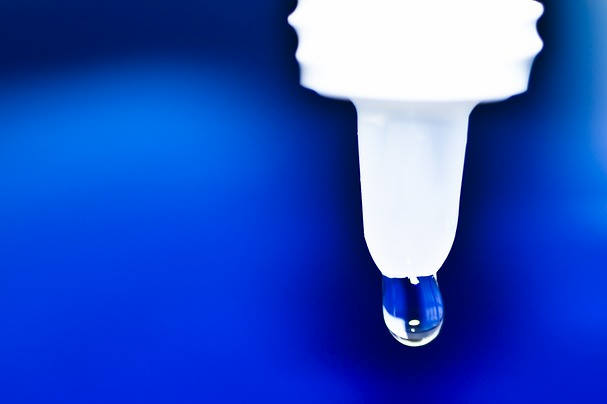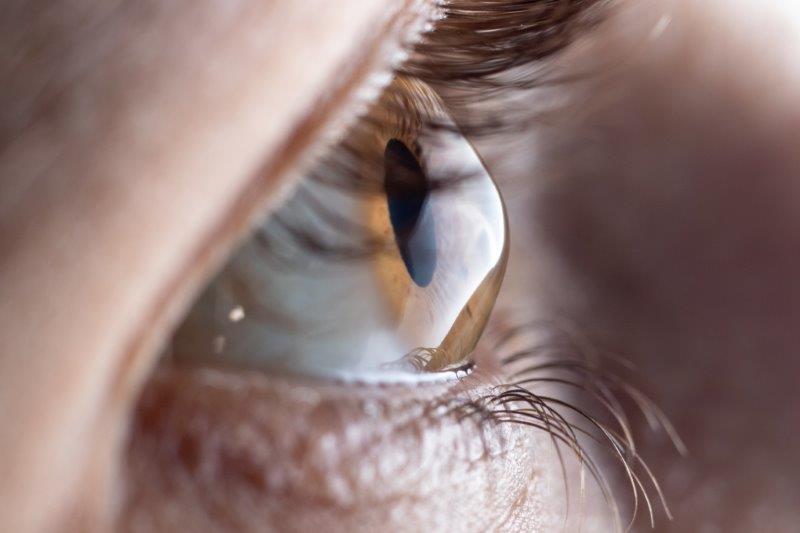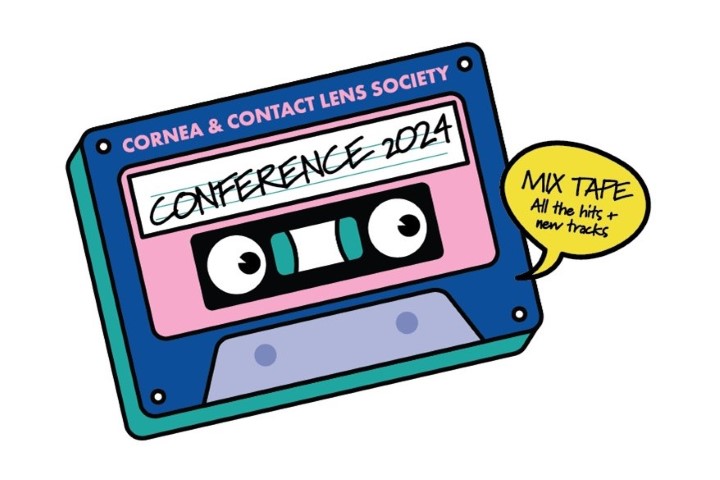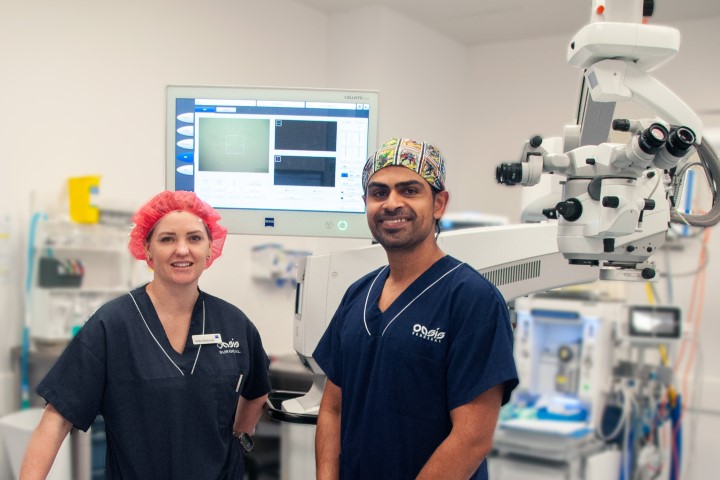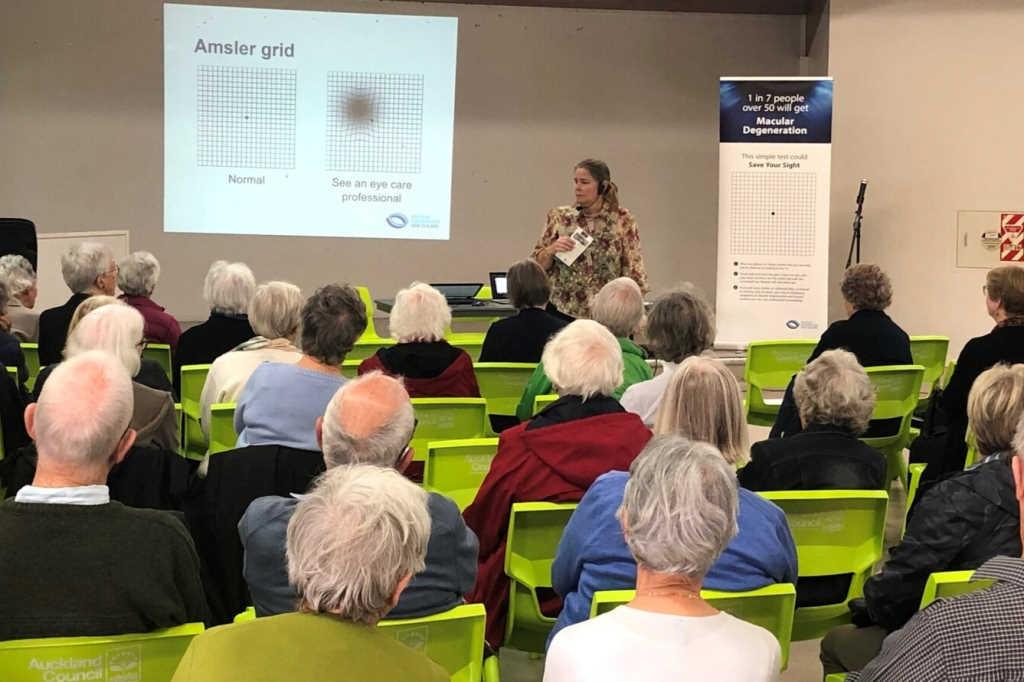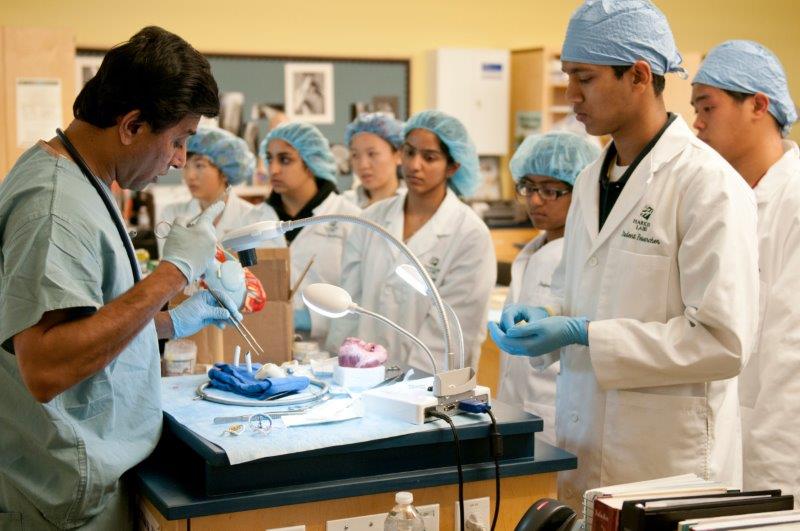Positive trial results for two DED therapies
Oyster Point Pharma says two separate Phase 2b clinical trials evaluating the company’s novel therapies for the treatment of Dry Eye Disease (DED) have demonstrated improvement in Schirmer’s score and multiple measures of eye dryness symptoms.
“The results announced today demonstrate the potential clinical benefits of the innovative therapeutics Oyster Point Pharma is developing,” said ophthalmology professor, Dr Edward Holland, who is on Oyster Point Pharma’s medical advisory board. “There is a significant need for a novel treatment approach for DED. A therapeutic that can help patients to produce their own natural tear film has the potential to benefit a broad population of patients with DED.”
The ONSET study was a dose-ranging, randomised, double-masked, vehicle-controlled Phase 2b clinical trial that evaluated the safety and efficacy of OC-01 in 182 subjects with DED in the United States, which compared three different doses of OC-01 nasal spray to vehicle control nasal spray. Results showed a statistically significant improvement in Schirmer’s score at day 28 in all three doses compared to control. Results indicated:
- 0.2% dose had a mean change in Schirmer’s score of 11.4 mm (p<0.001 vs. control);
- 0.1% dose had a mean change in Schirmer’s score of 11.8 mm (p<0.001 vs. control);
- 0.02% dose had a mean change in Schirmer’s score of 10.0 mm (p<0.001 vs. control).
- Vehicle control had a mean change in Schirmer’s score of 3.2 mm.
- Results were similar in the fellow eyes (p<0.001).
Both pre-specified secondary endpoints were also met, as indicated by a statistically significant improvement in mean change in Eye Dryness Score (EDS) in a controlled adverse environment at day 21, and a statistically significant improvement compared to control in the mean change in EDS score at day 28 without use of a controlled adverse environment.
“We are excited about the ability for both of our investigational compounds to show improvements in both the signs and symptoms of DED,” said Oyster Point Pharma CEO, Dr Jeffrey Nau. “We look forward to initiating a Phase 3 program in Dry Eye Disease in 2019 after discussion with regulatory authorities.”
The RAINIER study was a randomized, double-masked, vehicle-controlled, Phase 2b clinical trial that evaluated the safety and efficacy of 2.0% OC-02 nasal spray in 53 subjects with DED in the United States. The study’s sole pre-specified endpoint was the assessment of tear production as measured by Schirmer’s score at day 28. Results demonstrated an increase in tear film production as measured by an improvement in Schirmer’s score in the study eye at day 28 compared to vehicle control:
- OC-02 arm had a mean change in Schirmer’s score of 10.3 mm (p=0.08 vs. control)
- Vehicle control had a mean change in Schirmer’s score of 5.9 mm
- Results were similar in the fellow eyes (p<0.05).
Although not powered to show statistical significance on exploratory symptoms endpoints, OC-02 showed improvements in mean EDS and Ocular Discomfort Score compared to vehicle control.
OC-01 and OC-02 were well-tolerated with no significant ocular adverse events or drug-related serious adverse events. Adverse events were similar in both studies. The most common adverse events included sneeze, cough, and nose and throat irritation. These events were mild, self-limiting, and resolved immediately following administration.










